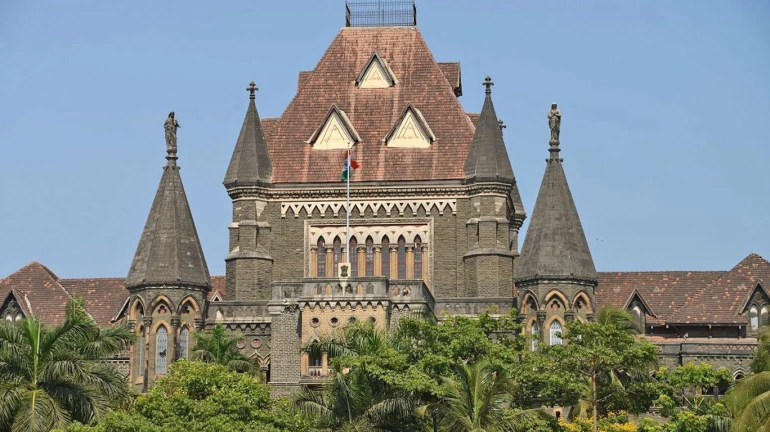
To combat the issue of air pollution in Mumbai, the Bombay High Court (HC) issued a slew of directions on Monday, November 5. These directives, aimed at the Maharashtra government and local authorities in Mumbai and surrounding districts, come in anticipation of the Diwali festival and a dip in poor air quality index.
In its two-hour long hearing involving several pleas, the bench also highlighted the importance of citizens’ rights under Article 25, which allows the freedom to practice, profess, and promote religion, subject to certain restrictions. This played an important role in the court’s decision to propose a timeline for firecrackers rather than a ban.
1. Firecracker Restrictions in MMR
The court has restricted the time for bursting firecrackers in the Mumbai Metropolitan Region (MMR) to between 7 and 10 pm until November 12. This follows the state administration's commitment to the National Green Tribunal (NGT) to adhere to guidelines regarding firecrackers.
While the court did not directly ban firecrackers, it urged state governments to take appropriate action in accordance with previous rulings by the Supreme Court and NGT.
2. Regulations on Transportation
Only covered trucks can transport supplies to and from construction sites. Construction material cannot be transported until Friday, November 10. The court warned that a complete ban on the movement of building materials might be considered in the next hearing if air quality does not improve significantly by Diwali.
3. Execution of Dust Mitigation Strategy
There will be strict implementation of the air pollution mitigation strategy declared by the Brihmanmumbai Municipal Corporation (BMC) in March 2023. Assistant municipal commissioners in every ward will be held accountable for any lapses in implementation.
4. Mandates for Construction Sites
Storage heaps at construction sites should be properly covered and cleaned as per state government requirements. The BMC and other municipal corporations will mandate the use of 35-foot-high iron sheet fences around construction sites and cover under-construction structures with green cloth or jute sheets on all sides.
5. Watering Requirements
The civic body will make sure that the project initiators or organisations provide consistent and uninterrupted watering. Sprinkler systems must be installed at every construction site within 15 days.
6. Prohibition of public burning of trash
The court prohibited the burning of trash, including municipal solid waste, in public places. Transport officers and the traffic department are to ensure that emission standards are followed in line with the Motor Vehicle Act (MVA).
7. Public Awareness on Firecrackers
The state government, community organisations, and educational institutions in the MMR will raise awareness about the dangers of burning or popping firecrackers in the already polluted environment.
8. Establishment of an Oversight Committee
The court also ordered the creation of a two-person committee to oversee and monitor the daily activities of municipal corporations. The committee will consist of the directors of health services and National Environmental Engineering Research Institute (NEERI). Senior Attorney Darius Khambata, who was nominated as an amicus curiae by the court, suggested giving the Municipal Commissioner of BMC and the Commissioner of MMRDA authority over the implementation of pollution control measures and insisted on the submission of compliance reports.
The court adjourned further discussions on the matter until Friday, November 10, allowing NGO Vanashakti to weigh in.





